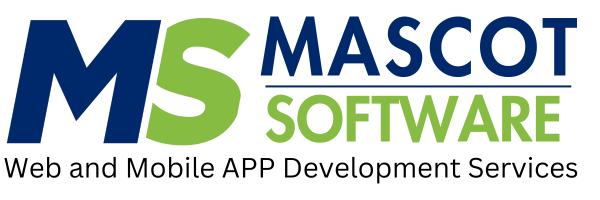.png)
PHP remains a popular and versatile language for web development. While basic knowledge is essential, mastering advanced techniques can significantly enhance your skills and enable you to build more efficient, robust, and scalable applications. This blog post will explore 10 crucial techniques that every PHP developer should strive to master.
1. Object-Oriented Programming (OOP) Principles: * Deeply understand concepts like inheritance, polymorphism, abstraction, and encapsulation. * Learn to design and implement well-structured classes and objects. * Utilize design patterns like Singleton, Factory, and Observer to improve code organization and maintainability.
2. Design Patterns: * Study and implement common design patterns like MVC (Model-View-Controller), Factory, Singleton, Observer, and Strategy. * Understand how these patterns improve code reusability, maintainability, and flexibility.
3. Database Interactions: * Master database interactions using PHP's PDO (PHP Data Objects) extension. * Learn about prepared statements to prevent SQL injection vulnerabilities. * Implement efficient database queries and optimize database performance.
4. Caching Mechanisms: * Explore caching techniques like opcode caching (e.g., OPcache), data caching (e.g., Memcached, Redis), and page caching to improve website performance and reduce server load.
5. Session and Cookie Management: * Understand how sessions and cookies work and how to use them effectively. * Implement secure session handling techniques to prevent session hijacking. * Learn how to manage user authentication and authorization using sessions.
6. Error and Exception Handling: * Implement robust error and exception handling mechanisms to gracefully handle unexpected situations. * Use try-catch blocks to catch and handle exceptions effectively. * Log errors for debugging and troubleshooting.
7. Security Best Practices: * Understand and implement security measures to prevent common vulnerabilities like SQL injection, cross-site scripting (XSS), and cross-site request forgery (CSRF). * Use input validation and sanitization techniques 1 to protect your applications from malicious attacks.
8. Command-Line Interface (CLI): * Learn how to use PHP for scripting and automation tasks via the command line. * Explore tools like Composer for managing dependencies and automating development workflows.
9. PHP Frameworks: * Gain experience with popular PHP frameworks like Laravel, Symfony, or CodeIgniter. * Learn about their features, advantages, and how they can accelerate development.
10. Continuous Learning: * Stay updated with the latest PHP features, security best practices, and industry trends. * Continuously learn and improve your skills by reading documentation, attending conferences, and participating in online communities.
Conclusion:
Mastering these advanced PHP techniques will significantly enhance your skills as a developer. By embracing these concepts and continuously learning, you can build more robust, secure, and efficient PHP applications that meet the demands of modern web development.





